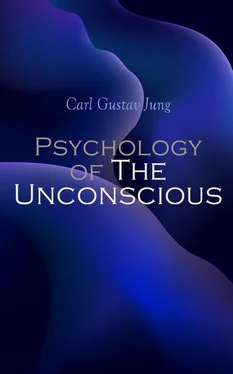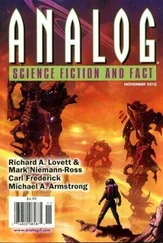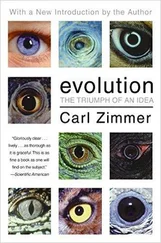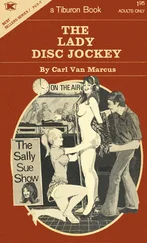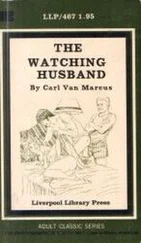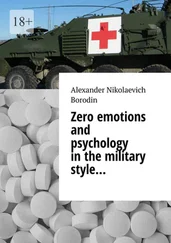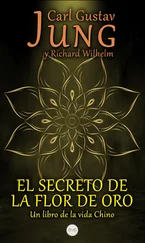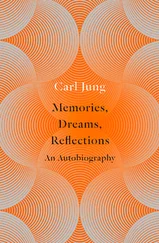Carl Gustav Jung
Psychology of The Unconscious
A Study of the Transformations and Symbolisms of the Libido
e-artnow, 2021
Contact: info@e-artnow.org
EAN 4066338118790
TRANSLATOR’S NOTE TRANSLATOR’S NOTE Table of Contents That humanity is seeking a new message, a new light upon the meaning of life, and something tangible, as it were, with which it can work towards a larger understanding of itself and its relation to the universe, is a fact I think none will gainsay. Therefore, it has seemed to me particularly timely to introduce to the English-speaking world Dr. Jung’s remarkable book, “Wandlungen und Symbole der Libido.” In this work he has plunged boldly into the treacherous sea of mythology and folklore, the productions of the ancient mind and that of the common people, and turned upon this vast material the same scientific and painstaking method of psychologic analysis that is applied to the modern mind, in order to reveal the common bond of desire and longing which unites all humanity, and thus bridge the gaps presumed to exist between ancient and widely separated peoples and those of our modern time. The discovery of this undercurrent affecting and influencing ancient peoples as well as modern serves as a foundation or platform from which he proceeds to hold aloft a new ideal, a new goal of attainment possible of achievement and which can be intellectually satisfying, as well as emotionally appealing: the goal of moral autonomy . This book, remarkable for its erudition and the tremendous labor expended upon it, as well as for the new light which it sheds upon human life, its motives, its needs and its possibilities, is not one for desultory reading or superficial examination. Such an approach will prevent the reader from gaining anything of its real value; but for those who can bring a serious interest and willingness to give a careful study to it the work will prove to be a veritable mine capable of yielding the greatest riches. The difficulties in translating a book such as this are almost insuperable, but I have tried faithfully to express Dr. Jung’s thought, keeping as close to the original text as possible and, at the same time, rendering the difficult material and complicated German phrasing as simply and clearly as the subject-matter would allow. In all this work I owe much to Miss Helen I. Brayton, without whose faithful assistance the work would never have been completed. I wish to acknowledge my gratitude to Mr. Louis Untermeyer, whose help in rendering the poetic quotations into English verse has been invaluable, and to express as well my gratitude to other friends who have assisted me in various ways from time to time. B. M. H. New York, 1915.
AN INTRODUCTION TO PSYCHOANALYSIS AND ANALYTIC PSYCHOLOGY
AUTHOR’S NOTE
PART I
INTRODUCTION
CHAPTER I CONCERNING THE TWO KINDS OF THINKING
CHAPTER II THE MILLER PHANTASIES
CHAPTER III THE HYMN OF CREATION
CHAPTER IV THE SONG OF THE MOTH
PART II
CHAPTER I ASPECTS OF THE LIBIDO
CHAPTER II THE CONCEPTION AND THE GENETIC THEORY OF LIBIDO
CHAPTER III THE TRANSFORMATION OF THE LIBIDO. A POSSIBLE SOURCE OF PRIMITIVE HUMAN DISCOVERIES
CHAPTER IV THE UNCONSCIOUS ORIGIN OF THE HERO
CHAPTER V SYMBOLISM OF THE MOTHER AND OF REBIRTH
CHAPTER VI THE BATTLE FOR DELIVERANCE FROM THE MOTHER
CHAPTER VII THE DUAL MOTHER RÔLE
CHAPTER VIII THE SACRIFICE
NOTES
Table of Contents
That humanity is seeking a new message, a new light upon the meaning of life, and something tangible, as it were, with which it can work towards a larger understanding of itself and its relation to the universe, is a fact I think none will gainsay. Therefore, it has seemed to me particularly timely to introduce to the English-speaking world Dr. Jung’s remarkable book, “Wandlungen und Symbole der Libido.” In this work he has plunged boldly into the treacherous sea of mythology and folklore, the productions of the ancient mind and that of the common people, and turned upon this vast material the same scientific and painstaking method of psychologic analysis that is applied to the modern mind, in order to reveal the common bond of desire and longing which unites all humanity, and thus bridge the gaps presumed to exist between ancient and widely separated peoples and those of our modern time. The discovery of this undercurrent affecting and influencing ancient peoples as well as modern serves as a foundation or platform from which he proceeds to hold aloft a new ideal, a new goal of attainment possible of achievement and which can be intellectually satisfying, as well as emotionally appealing: the goal of moral autonomy .
This book, remarkable for its erudition and the tremendous labor expended upon it, as well as for the new light which it sheds upon human life, its motives, its needs and its possibilities, is not one for desultory reading or superficial examination. Such an approach will prevent the reader from gaining anything of its real value; but for those who can bring a serious interest and willingness to give a careful study to it the work will prove to be a veritable mine capable of yielding the greatest riches.
The difficulties in translating a book such as this are almost insuperable, but I have tried faithfully to express Dr. Jung’s thought, keeping as close to the original text as possible and, at the same time, rendering the difficult material and complicated German phrasing as simply and clearly as the subject-matter would allow. In all this work I owe much to Miss Helen I. Brayton, without whose faithful assistance the work would never have been completed. I wish to acknowledge my gratitude to Mr. Louis Untermeyer, whose help in rendering the poetic quotations into English verse has been invaluable, and to express as well my gratitude to other friends who have assisted me in various ways from time to time.
B. M. H.
New York, 1915.
AN INTRODUCTION TO PSYCHOANALYSIS AND ANALYTIC PSYCHOLOGY
Table of Contents
When Professor Freud of Vienna made his early discoveries in the realm of the neuroses, and announced that the basis and origin of the various symptoms grouped under the terms hysteria and neuroses lay in unfulfilled desires and wishes, unexpressed and unknown to the patient for the most part, and concerned chiefly with the sexual instinct, it was not realized what far-reaching influence this unpopular and bitterly attacked theory would exert on the understanding of human life in general.
For this theory has so widened in its scope that its application has now extended beyond a particular group of pathologic states. It has in fact led to a new evaluation of the whole conduct of human life; a new comprehension has developed which explains those things which formerly were unexplained, and there is offered an understanding not only of the symptoms of a neurosis and the phenomena of conduct but the product of the mind as expressed in myths and religions.
This amazing growth has proceeded steadily in an ever-widening fashion despite opposition as violent as any of which we have knowledge in the past. The criticism originally directed towards the little understood and much disliked sexual conception now includes the further teachings of a psychology which by the application to it of such damning phrases as mystical, metaphysical and sacrilegious, is condemned as unscientific.
To add to the general confusion and misunderstanding surrounding this new school of thought there has arisen a division amongst the leaders themselves, so that there now exist two schools led respectively by Professor Sigmund Freud of Vienna and Dr. Carl Jung of Zurich, referred to in the literature as the Vienna School and the Zurich School.
Читать дальше
